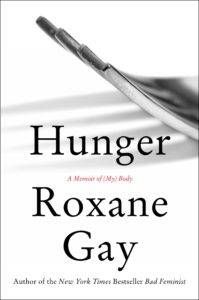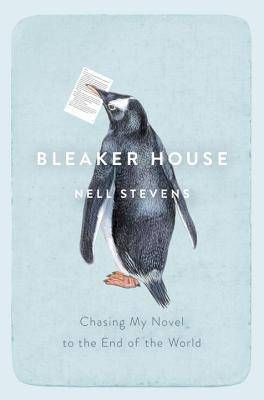
How Do You Decide Whether to Buy or Borrow a Book?
As readers, sometimes we have to do some complicated mental calculus to decide whether to buy or borrow a book. “Will this fit on my overflowing bookshelf?” we might ask ourselves. Or, “I already have two unread books by this author, so should I really buy this third one?”
We talk about this a lot at Book Riot—we even have a series devoted to this concept—but I’ve been thinking a little more about how and why I make buying vs borrowing decisions. A friend recently finished reading War and Peace. At first, she borrowed my copy, but realizing that she would want to carry it around on the subway and that the huge paperback may not hold up to be toted around for months, she bought her own copy.

This is how I’ve ended up with over 60 unread books…
Literally me.
Books that feel more of the current moment to me, whether they’re romance novels, hot new mysteries, or buzzy novels by new-to-me authors, tend to be the books I’ll check out from the library or borrow from a friend. For the most part, I’m content to wait for my library hold to come in.

Aside from buying and borrowing, there’s another category, the books we ask for as gifts on birthdays and holidays. For me, these are usually books I want to read that have millions of holds on them at the library so I will never get my hands on a copy that way. Things like Elena Ferrante’s Neapolitan novels. Colson Whitehead’s The Underground Railroad. Gord Downie and Jeff Lemire’s graphic novel Secret Path, about the life of Chanie Wenjack.
I’m guessing the Beast’s library is full of fancy first editions.
Books are not investments in the traditional sense; they’re hardly likely to make me more money over time. (I do not own any rare first editions, but I suppose those would count.) But books are investments in other ways that matter. They’re investments in authors, which is why it’s important to pay for books written by women, authors of colour, and authors from marginalized communities. They’re investments in the publishing industry, in a sense—an industry I work in, so as both a publishing professional and a reader, I have a vested interest in keeping it afloat by continuing to buy books.
Lastly, books are an investment in myself: my future self, a self who might want to pick up War and Peace someday or lend it to another friend, a self who will keep on thinking books are important to buy and own for years to come. And there is pretty much always a good reason to buy a book.











